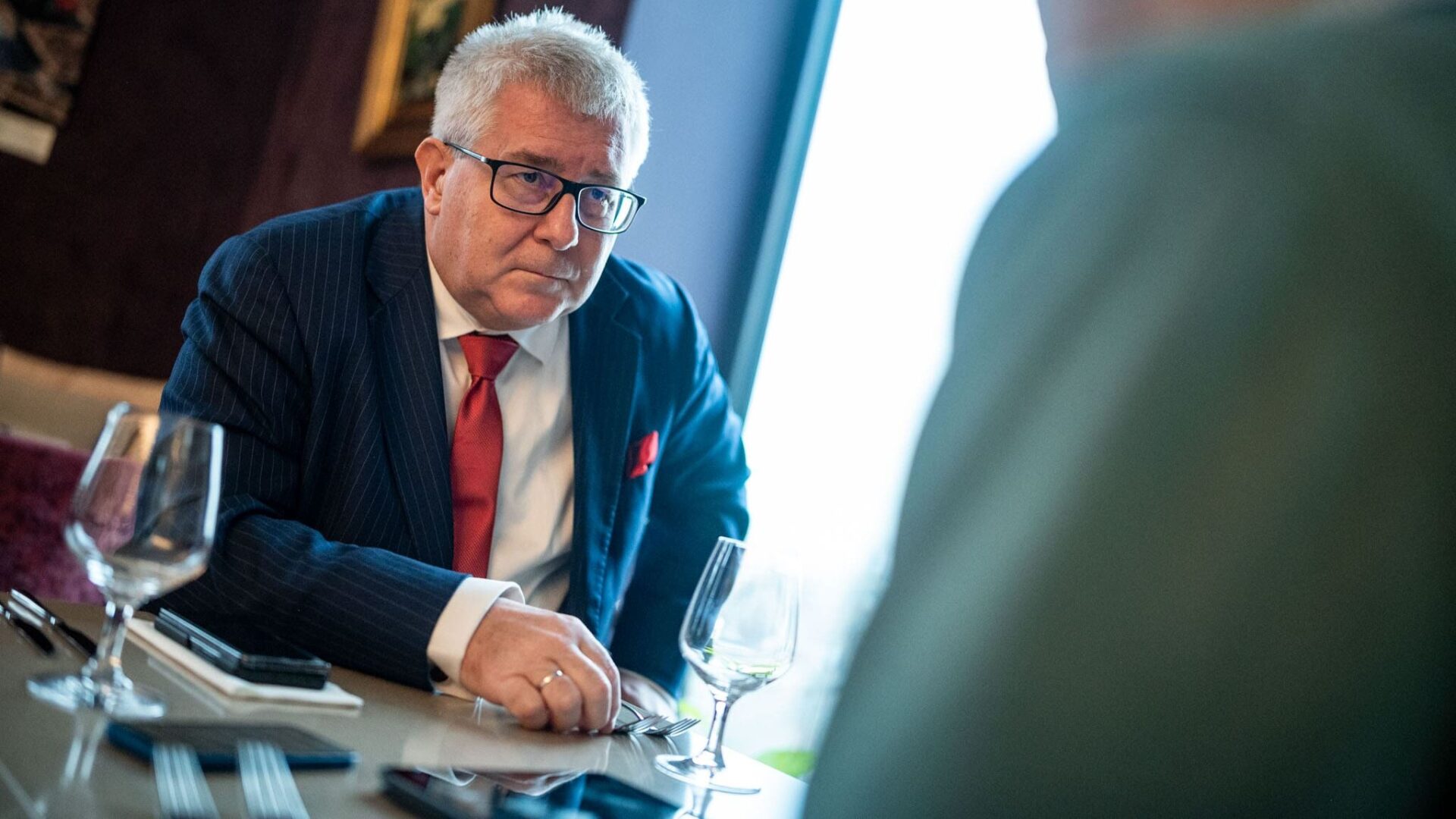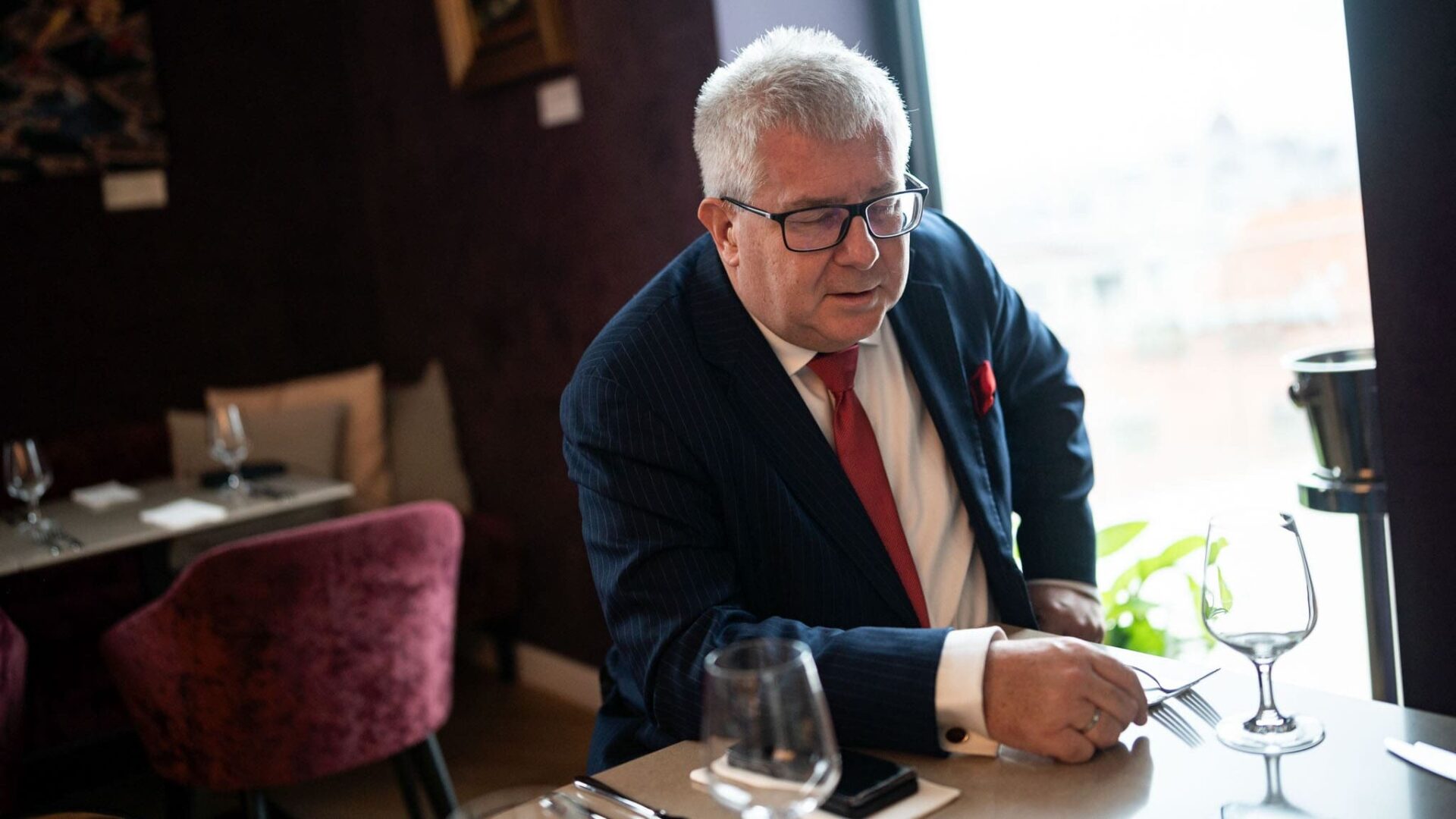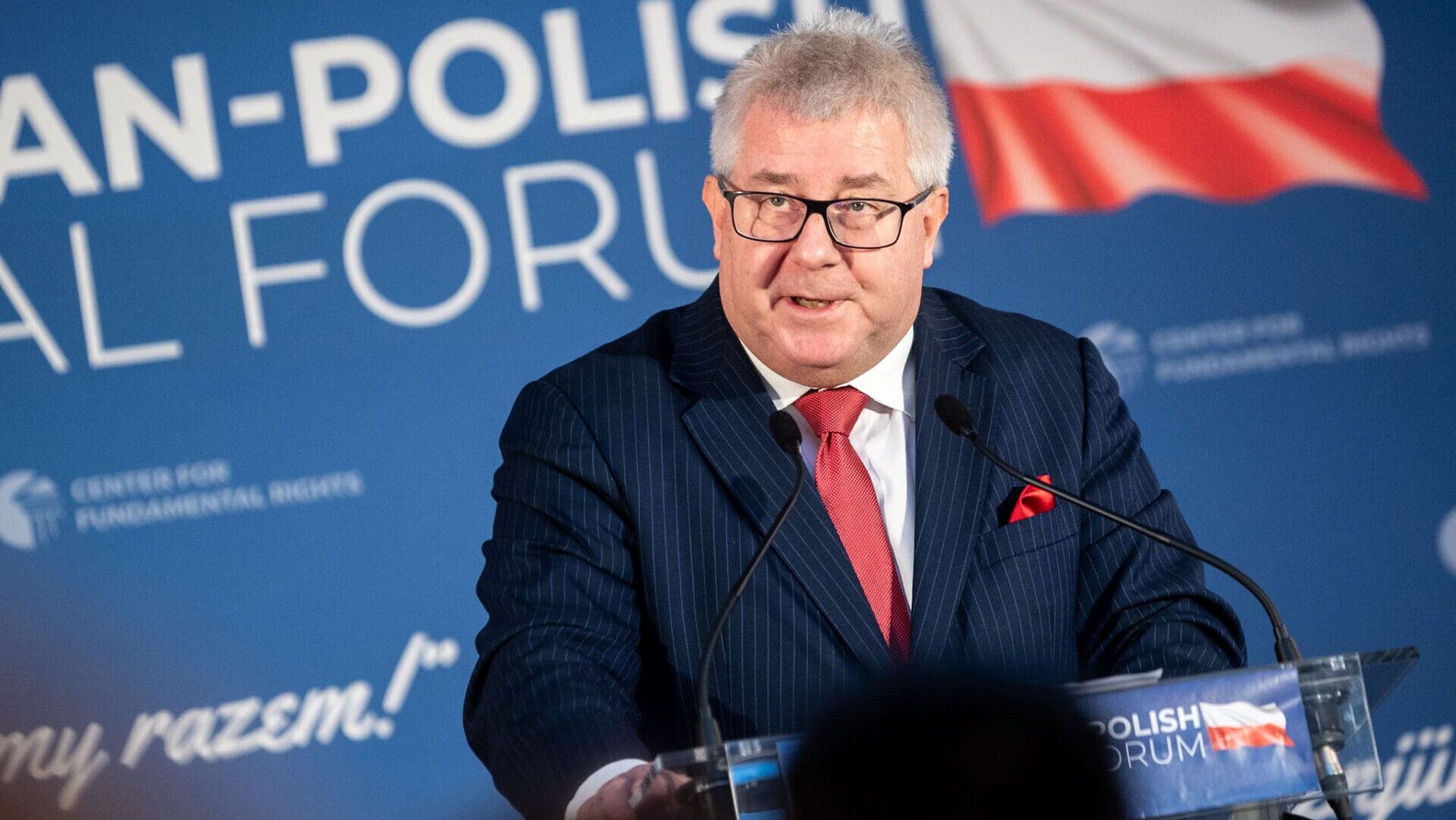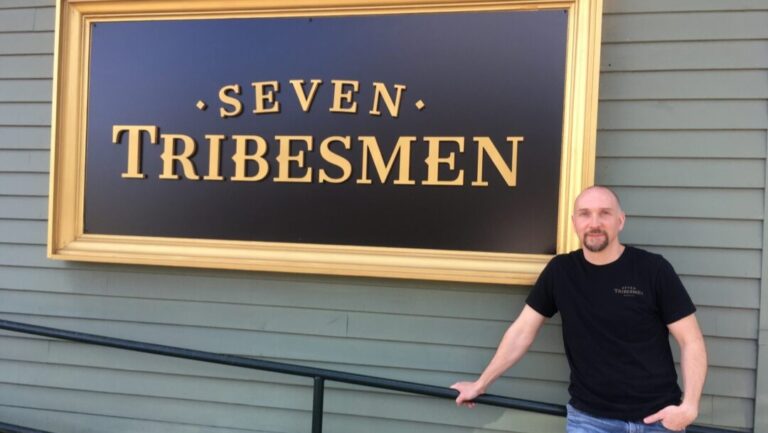Born in the UK, Ryszard Czarnecki graduated from the University of Wroclaw, where he received a master’s degree in history. He is the former Minister of the European Affairs, Minister without Portfolio and former Deputy Minister of Culture and Arts of Poland. Since 2004 he has been a member of the European Parliament. He also serves as the Vice-President of the Euronest Parliamentary Assembly, as well as of the interparliamentary forum with the national parliaments of Ukraine, Moldova, Belarus, Armenia, Azerbaijan and Georgia. He holds the post of Coordinator in the Committee on Budget Control (CONT), is a member of the Foreign Affairs (AFET) committee in the EP and the EU–Ukraine Delegation. Vice-President Czarnecki is also a member of the Delegation DCAS to the EU–Kazakhstan, EU–Kyrgyzstan, the EU–Uzbekistan and the EU–Tajikistan and the Commission to strengthen parliamentary relations with Turkmenistan and Mongolia. He was awarded high state awards by Ukraine, Georgia and Armenia. He holds a Doctor Honoris Causa of the University in Erevan, and is the author of 6 books.
***
On 15 October last year Poland held its parliamentary election. In the preceding 2019 election, the Law and Justice Party (PiS) secured a majority in the Sejm, while the opposition claimed the Senate majority. Leading up to the 2023 election, Donald Tusk, a former prime minister and opposition leader, spearheaded the Civic Coalition against PiS. Although the United Right won the most seats in the Sejm, it fell short of a majority. Conversely, the opposition, consisting of the Civic Coalition, Third Way, and The Left, collectively gained 54 per cent of the votes, enabling them to form a majority coalition government. How is Law and Justice performing currently?
We stand as one of the two most formidable opposition parties, boasting the largest parliamentary faction in the Sejm. Naturally, our aspiration is to reclaim power, given the remarkable strides made in the Polish economy and the country’s international standing over the past eight years. I am confident that, come the next parliamentary election, Polish voters will endorse our vision. Furthermore, I am hopeful for a similar outcome in the European election.
And in the abstract—how do law and justice perform in Poland right now?
We are currently facing a crisis as the new government has unabashedly exploited the legal system. Individuals who, for years, were sounding the alarms about the so-called unconstitutional methods of PiS, now find themselves witnessing its practical erosion in numerous instances. To be frank, what’s more disconcerting, is that
the current administration in Poland occasionally resembles regimes outside of Europe.
What stuns us even more is the European Union’s conspicuous silence, since it had been vocal in criticizing Poland over the past eight years.
Looking ahead, how do you view the role of conservative journalists and experts in the next few years?
Currently, the significance of conservative journalists and experts cannot be overstated. While the opposition in Parliament may express its ideas, the articulate and unrestrained voices of journalists and media figures are the key when moving forward. I believe that, at this point, the role of journalists will surpass that seen during our government’s era. Journalists have the capacity to articulate the perspective of a significant part of our nation upholding traditional values.

How about Polish–Hungarian relations? Can the conservatives of the two nations count on each other?
I consider this to be a crucial matter. Naturally, we hold different perspectives on certain aspects of foreign policy, which is quite normal among friends and family members who may have differing positions on certain issues. Personally, as a historian, I often reflect on the historical context, such as the period between the First and the Second World Wars. Take, for instance, the aftermath of the Trianon Treaty, where Hungary’s national interest was to bring about a total change post-Versailles, while Poland aimed to stabilize the situation. Despite these divergent interests, our political cooperation remained remarkably strong and close. Frankly speaking, the gap between us now is considerably smaller than it was before the Second World War. If we could maintain robust cooperation a century ago, I believe we can now collaborate even more robustly. It just seems to me that there is no viable alternative.
I firmly believe that the concepts of Europe of nations, of homeland and of Christian heritage deserve a voice in the European Union.
Poles and Hungarians, in particular, stand as defenders of Christianity globally. In essence, Europe needs us!
Looking at the European rule of law framework and the breaches of the current Polish government, do Polish conservatives plan to advocate for challenging the administration on an EU level?
To be honest, my scepticism runs deep when it comes to the European structure’s effectiveness in safeguarding genuine human rights within its member states. It often appears to be a matter of political convenience. In countries labelled as ‘black sheep,’ grappling with evident or quasi human rights abuses, the European Union exerts considerable pressure. However, when similar problems emerge in member states deemed as ‘model students’ with a seemingly ‘correct’ political apparatus—such as Germany, France, and presently Poland—I am not optimistic about witnessing tangible actions being taken.

Hungarian conservatives hope for a conservative realignment, a conservative tide in the European Union which is highly anticipated on a global level too. How do PiS politicians assess these questions?
Honestly, I perceive our challenges on multiple fronts. Firstly, there’s Hungary and Poland must enhance their bilateral relations; we need to advocate for the valorisation of these relations. Secondly, there’s the endeavour to establish a formidable political coalition in the European Parliament collectively. Thirdly, I hold the expectation that the upcoming Presidential elections will usher in a transformative shift. Currently, the US administration, particularly when pursuing its Poland policy, assumes roles akin to a judge, an executor, and a teacher. It openly interferes with our internal affairs, staunchly supporting the incumbent government, and interestingly, backing the opposition prior to their election victory. This is not an ideal model of transatlantic cooperation, and it is crucial to uphold the sovereignty of our nations. I am hopeful that the new administration will adopt a more pragmatic stance on this matter. In my view, the forthcoming US presidential election in nine months could mark a pivotal moment in US–Europe relations, and also in the dynamics between the US and EU member states.
How would, in your view, a conservative Europe look like?
I anticipate the potential for the best-ever outcomes for right-wing or centre-right conservative parties. While achieving the largest faction may not be a simple task, it’s conceivable. We should think as reality about a scenario where, without our votes, no significant actions can be taken within the EU.
It is essential to prepare for a pivotal role for conservatism in the European Parliament, potentially securing over 200 mandates.
This significant representation would empower us to thwart misguided personal decisions and initiatives within the European Parliament.
Arguably, conservatives, traditionally a silent majority in Europe, lack a shared agreement on common standards. If this is right, there’s a need for a unifying framework to facilitate deeper networking. What fundamental ideas could serve as a common platform for agreement among all European conservatives?
We indeed should engage in a discourse about the common values that bind us together. Foremost is the value we place on family, followed by our shared respect for Christian heritage, and thirdly, a deep regard for traditional values. This embodies the vision of a Europe of nations. Furthermore, equally important is our cautious approach towards not only irregular but also legal immigration into the EU from mostly African and Asian countries. These principles should serve as the foundational framework for the various right-wing parties across our continent.








